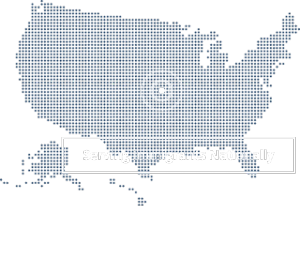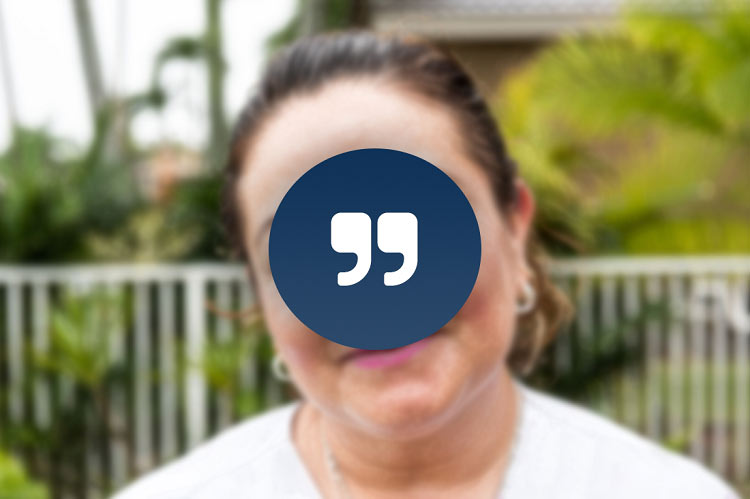How cooperating victims of crimes can get immigration benefits
The U Visa
How cooperating victims of crimes can get immigration benefits
What is a U visa?
The U nonimmigrant (temporary) status, also known as the “U visa,” is protects victims of certain crimes who have gathered the courage to come forward, report the crime, and assist in its investigation and prosecution. A U visa is available to people without legal status and who suffered substantial physical or mental abuse resulting from a wide range of criminal activity, including domestic abuse. This form of immigration relief provides employment authorization, a pathway to citizenship, and the ability to help other qualifying family members to obtain immigration status. After three years in U nonimmigrant status, a person may apply for lawful permanent residence (i.e., a “green card”). If not, the U nonimmigrant status will expire after four years, though extensions are possible in certain exceptional circumstances.
Can I get a U visa?
Yes, if you can satisfy the following U visa eligibility requirements:
1) You were the victim of a qualifying crime;
2) You suffered substantial physical or mental abuse as a result being victimized;
3) You possess information concerning the criminal activity and must currently be helpful, have been helpful, or be likely to be helpful in the investigation or prosecution of the crime;
4) The criminal activity must have violated the local, state, or federal laws of the United States; and
5) You must be admissible to the United States.
What proof do I need to get a U visa?
To demonstrate eligibility for the U visa, you must submit the following evidence:
1) Form I-918, Petition for U Nonimmigrant Status;
2) A valid, unexpired passport – this requirement is waivable but requires a filing fee of $585 (no fee waiver exists);
3) A certification signed by a qualifying law enforcement agency as proof that you provided some form of help in the criminal investigation or prosecution of the crime;
4) Proof you are “admissible” to the United States – if you are inadmissible, then you must file an additional form, pay a filing fee (may apply for a fee waiver), and submit certain documents depending on the inadmissibility grounds you are seeking to waive.
5) A statement describing the facts of the victimization;
Although you do not necessarily need all of the following, it can help to provide the following:
6) Court documents;
7) News articles;
8) Police reports;
9) Orders of protection;
10) Trial transcripts;
11) Affidavits of other witnesses to the abuse;
12) Evidence of ongoing therapy or appointments with counselors, shelters, ect.;
13) Photographs of the injuries; and
14) Medical records.

Frequently Asked Questions Regarding U Visas
Can I apply from outside the US?
Yes. Once the U visa petition is approved, you can apply for the U visa through your local consulate.
Do I have to go for an interview?
No.
Do I need a lawyer to get a U visa?
Not necessarily, but hiring an experienced immigration lawyer is strongly encouraged because the evidentiary requirements are not as straightforward as you may think. Below are a few explanations on how hiring a lawyer will help regarding the evidentiary requirements for a U visa:
Determining whether you are “admissible” can be difficult without legal expertise.
If you are inadmissible and apply for a U visa without the required waiver, the government could possibly place you in removal proceedings. An experienced immigration lawyer will help you identify whether any inadmissibility grounds apply, fill out the waiver request, and compile the documentary evidence pertaining to the applicable grounds of inadmissibility. Luckily, most inadmissibility grounds are waivable.
The law enforcement certification (i.e., Form I-918, Supplement B, U Nonimmigrant Status Certification) may be difficult to obtain and is only valid for six months after it is signed.
The law enforcement officials that qualify to sign the certification are police officers, prosecutors, or judges. These officials are knowledgeable in criminal law, not immigration law. Consequently, they may not want to sign a document, under penalty of perjury, without knowing the full legal consequences. An experienced immigration lawyer will approach the qualifying law enforcement official to request their signature and answer any complex legal questions that may arise.
A crime may be a “qualifying criminal activity” although it is not specifically listed under the statute.
The list of criminal activity can be found at INA § 101(a)(15)(U)(iii). An experienced immigration lawyer may be able to successfully argue that the crime you were a victim of is substantially similar to a statutorily-enumerated crime.
The government may exercise its discretion and deny your U visa application despite submitting all the required evidence.
As a discretionary waiver, it will be adjudicated on a case-by-case basis. If the inadmissibility waiver is denied, the underlying U visa petition will also be denied because you will be inadmissible. The regulations do not provide for a way to appeal a denial of a waiver.
Can getting a U Visa help me get a green card?
Yes.
You may apply for lawful permanent residence (also known as “LPR,” obtaining a “green card” or “adjustment of status”) within four years of receiving the U visa approval, or your U nonimmigrant status will expire. Extensions are available under certain exceptional circumstances, but adjustment of status should be filed timely whenever possible.
What if I was the victim of a crime a long time ago?
The statute does not distinguish between recent crimes or those that occurred a long time ago. A U visa only requires that the criminal activity have violated a local, state, or federal law of the United States.
What if I never filed a police report?
The law requires proof that you provided some form of help to the criminal investigation or prosecution of the crime. It does not specifically require filing a police report or that the criminal investigation led to charges being filed, a full-blown prosecution, and an ultimate conviction of the persecutor. Being helpful with the criminal investigation alone may be sufficient. However, if you never contacted the police or other agency about the crime (i.e., a women’s shelter for domestic abuse), then it is unlikely you will be eligible for a U visa yet.
If you filed a report, but don’t have a copy, our team of attorneys will work hard to get it for you.
Can family members of victims get a U Visa? Which Ones?
Yes, certain family members of the victim of a qualifying crime may also receive U nonimmigrant status. If the crime victim is under the age of 21, then his or her spouse, child, parent, or unmarried sibling under the age of 18 may apply for U visas as derivative family members. If the victim of the crime is 21 years or older, then only their spouse or child may qualify. Age is determined by the date the I-918 petition is filed. Further, the qualifying family relationship must exist at the time the petition is filed and adjudicated.
What if I’ve been deported or have criminal history? Can I still get a U visa?
Yes, you can still apply for a U visa even if an immigration judge issued a final order of removal or you received an expedited removal order. Additionally, there is a waiver or pardon available that will “forgive” most criminal convictions.








